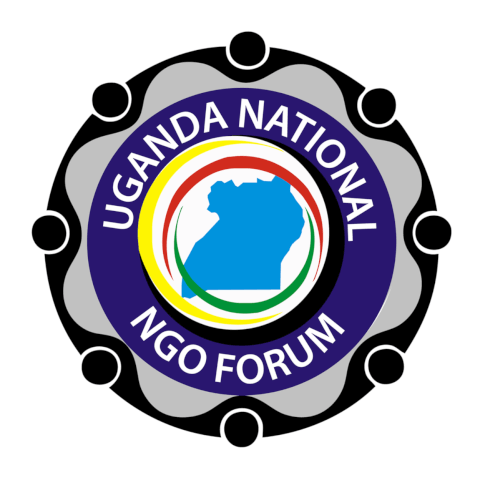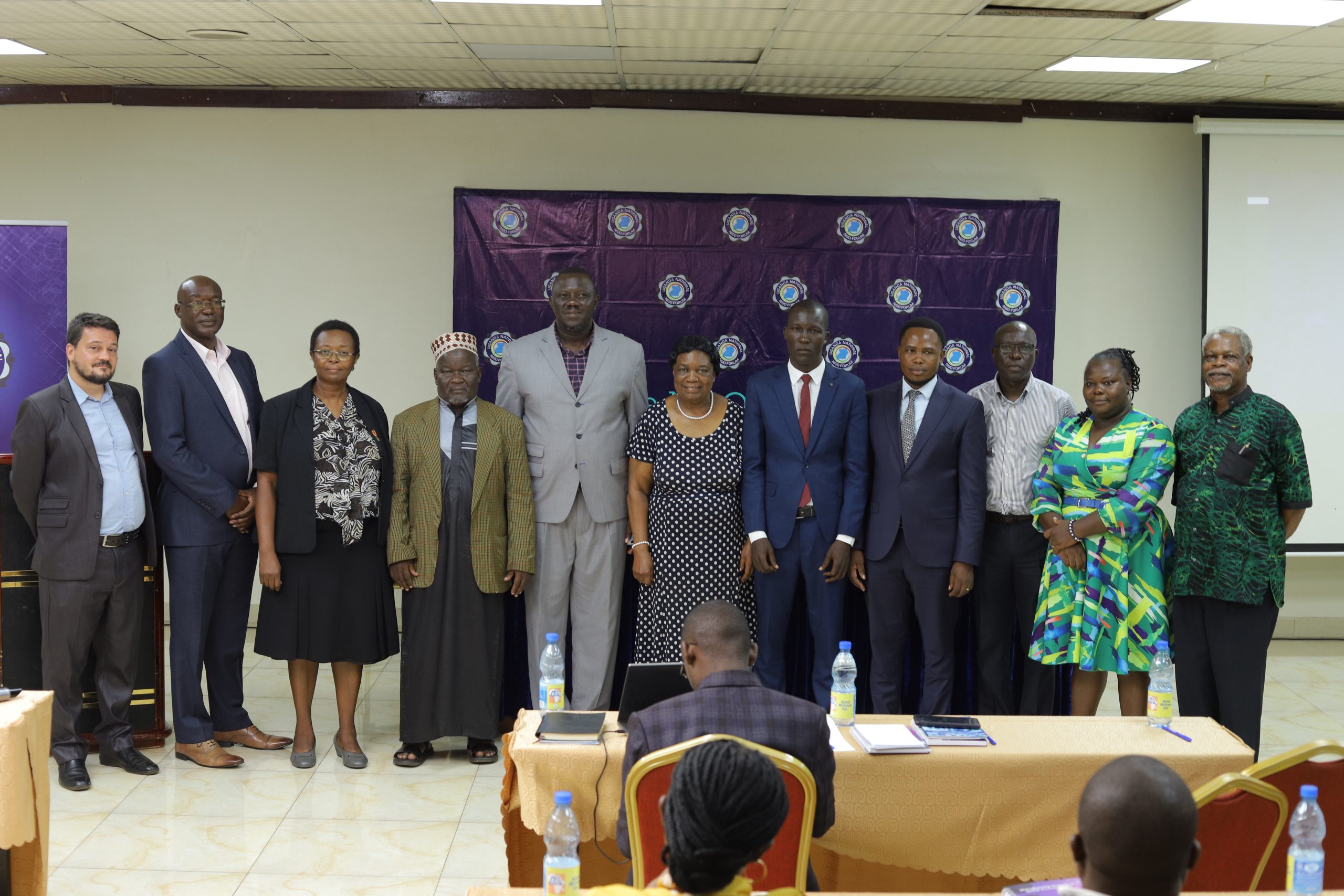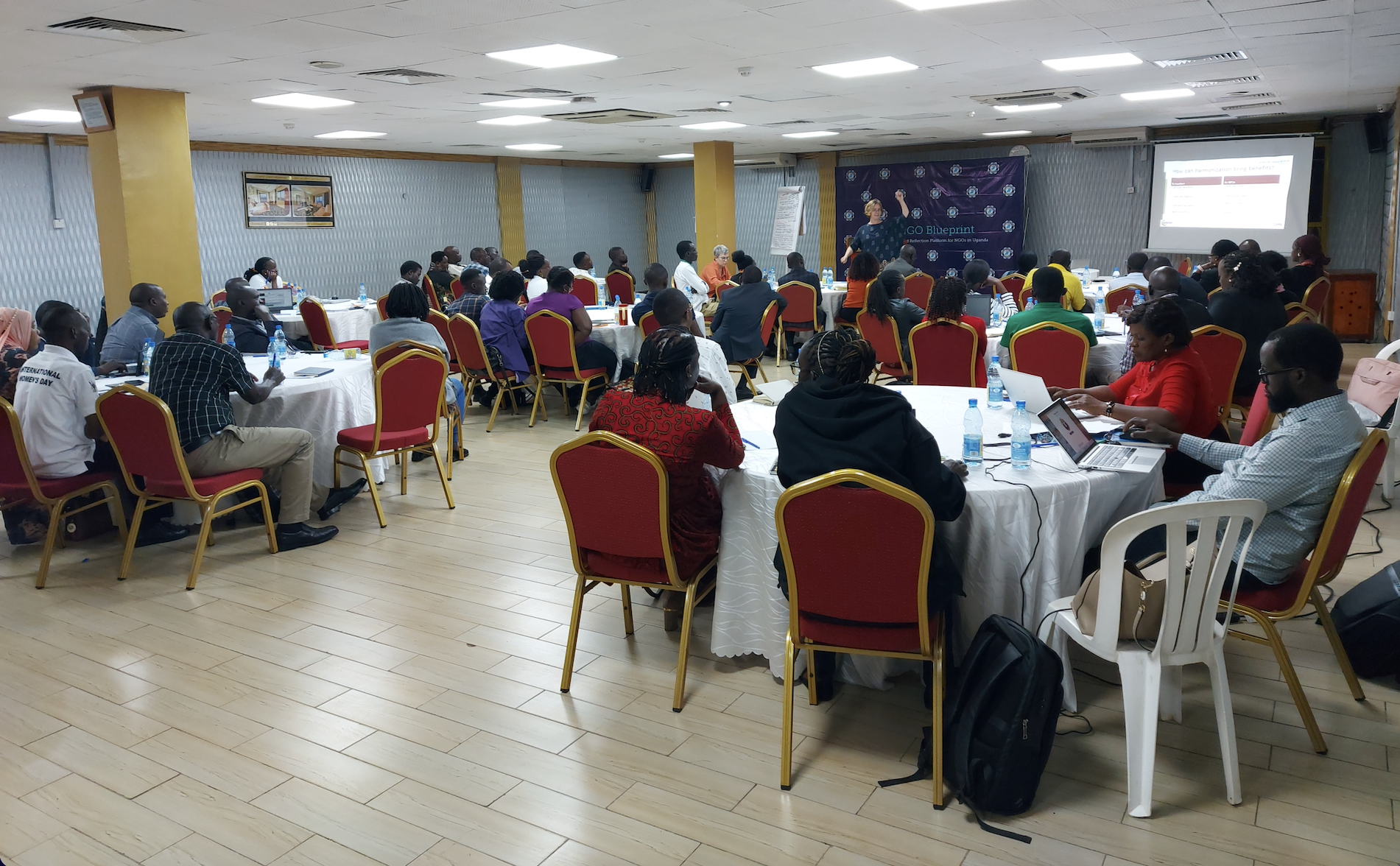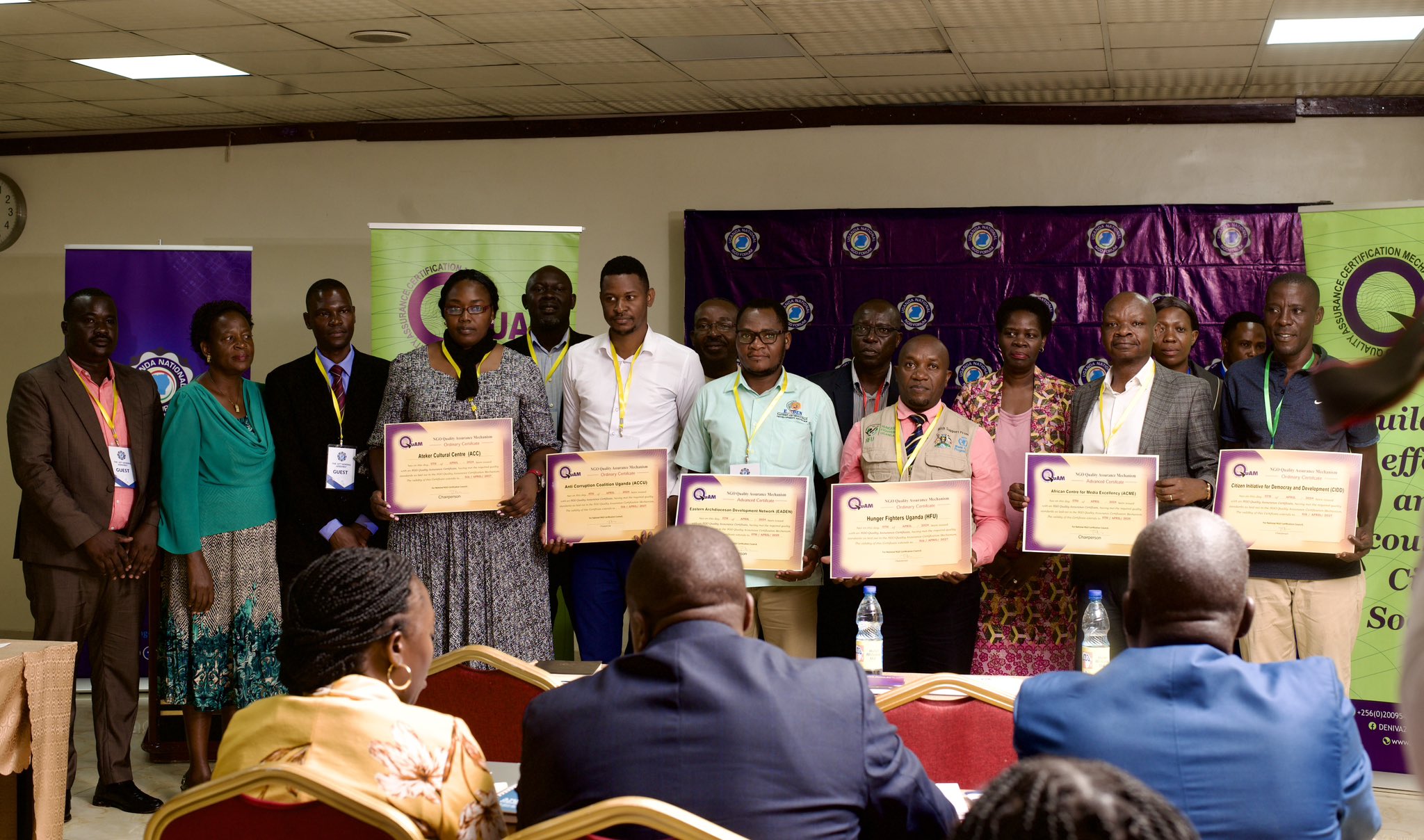
THE UGANDA NATIONAL NGO FORUM CONVENES A HIGH-LEVEL NATIONAL DIALOGUE AS A DARK CLOUD LOOMS OVER 2021 ELECTIONS
As Uganda nears its 6th General Election since gaining political autonomy in 1962, fears that 2021 polls will be mired by violence are high across the country. In media talk shows and social media discourse, the growing sentiment among Ugandans is that the 2021 election will not be a credible process. There is sufficient evidence to take those fears seriously. Since the start of party primaries in August, news reports have been inundated with images of violent clashes between opposing actors, and excessive use of force against unarmed civilians.
For a country that has never seen a peaceful transition since its formation under colonial rule, the 2021 General Election is a critical and sensitive junction in Uganda’s democratic journey. On one hand, a frustrated and disenchanted youth which constitutes the biggest voting bloc ever seen in a Ugandan election — it is projected that 11 million out of 17 million voters in the national registry are below 35, with 60% of this bloc being female — is simmering with a growing appetite for change. On the other hand, a violent state intent on maintaining a tight grip on power appears determined to unleash brute force on citizens to protect its interest.
Already mired by the strain of a global pandemic, the 2021 electoral process has already suffered enough threats to its integrity. Procurement delays have meant that a biometric voting system is not yet in place 60 days to the election; the limitation on the size of campaign rallies as per digital campaign guidelines has disadvantaged opposition candidate whose are often denied access to media houses by security forces; the constant detention and harassment of candidates have all cast a vast shadow on the credibility of the process. According to the 8th Afrobarometer poll, only 19.6% of Ugandans believe the elections can be free and fair. The overwhelming majority do not, and their sentiments can be seen in social media commentary that has dubbed the process a ‘selection’ where the ruling NRM will choose the candidates it likes and use state machinery to frustrate those it dislikes.
In an atmosphere as deeply divided as we are seeing in Uganda. The importance of dialogue to a process as divisive as an election cannot be emphasized enough. It can prevent a declining situation from escalating into full-blown conflict. And this is where civil society plays a vital role in election processes — by creating a safe space for reflection and open engagement, dialogue can help diffuse tensions that would other lead to violent clashes if left unattended. But when you have a government that is hostile to dialogue, the possibility of a peaceful resolution to electoral dissent is thrown in grave doubt.
On Tuesday, 17th November 2020, Uganda National NGO Forum (UNNGOF) convened a high-level stakeholder’s dialogue, at Mestil Hotel Kampala. The dialogue is part of the activities of the Strengthening Citizens’ Engagement in Elections (SCENE) Activity, a partnership between USAID and a consortium of CSOs led by UNNGOF. SCENE works with local communities and national stakeholders to maximize public engagement and participation in dialogue as a way of strengthening Uganda’s democratic processes. The high-level dialogue, therefore, was intended to enable discourse between actors in the electoral process and representatives of election management bodies.
On the program bill advertised in the media, Leonard Mulekwa (Director of Operations, Uganda Electoral Commission), Ruth Sekindi and Dr. Katebalirwe Amooti wa Irumba (Uganda Human Rights Commission), ASP Asan Kasingye (Uganda Police Force), Jacob Eyeru (NRM member/Chairperson Elect, National Youth Council), Flavia Nabagabe Kalule (Aspiring MP, National Unity Platform), and Hon Muwanga Kivumbi (MP, Butambala County) were slated to be the panelist of the day. As fate would have it, all Government representatives on the program bill would fail to turn up.
Sarah Bireete (Executive Director, Centre for Constitutional Governance) and Maria Alesi (Feminist/Social Worker) adequately filled the gap on the panel, representing women and youth (the two largest voting blocs). It is, however, very telling that all Government representative reneged on their confirmations a day before the worst electoral violence yet was unleashed on citizens.
On 18th November 2020, just a day after the SCENE national dialogue, the two foremost contenders for the presidential seat — National Unity Platform’s Robert Kyagulanyi, alias Bobi Wine, and Forum for Democratic Change’s Patrick Amuriat — were violently arrested for flouting Covid-19 SoPs in their campaigns. Citizens responded by taking to the streets in protest, however, the level of violence with the armed forces responded would send shock waves across the country and the world. By the time of writing this article, The Independent was estimating the death toll at 49. It is precisely situations like these that dialogue is meant to prevent.
In his remarks on the panel, Hon Muwanga Kivumbi proved prophetic in predicting this shocking level of violence. “Every strong candidate must be ready to face off with security. It’s a deliberate measure to intimidate the public. NRM relies on fear and intimidation to scare the public off candidates it does not like. The state wants this violence exposed to infect the minds of the voter.”
There is no doubt that public confidence in the 2021 process is at an all-time low. When the moderator, Perry Aritua, asked the panelists what positives they had seen in the process so far, only NRM’s Jacob Eyeru was optimistic that elections would be credible. All the rest could manage to celebrate is that the election is taking place and that a larger percentage of the youth bloc was participating actively in the roadmap activities conducted so far. This sentiment is best captured in a statement made by local election expert, Crispin Kaheru while presenting the issue paper that foregrounded the dialogue: “It is difficult to find something to commend in the context we are operating. The only thing we seem to be doing well is having regular elections.”
Among other issues, the panelists discussed voter confidence in the electoral commission, selective application of laws relating to elections, independence of the electoral commission, appointment of the chairperson of the Uganda Human Rights Commission, investigation and prosecution of rights abuse committed against citizens and candidates, and protection of the vote. Despite the ubiquitous expression of low confidence in this election, all panelists agreed that participation in the election was paramount. This sentiment echoes USAID’s Deputy Chief of Mission’s appeal to Ugandans in his introductory remarks: “Democracy is hard and messy, but it’s more representative of the people’ will than any other means of choosing Government. It’s natural that political tensions run high in an elective year. The challenge for CSOs is to manage these differences while protecting the rights of citizens in the process.



